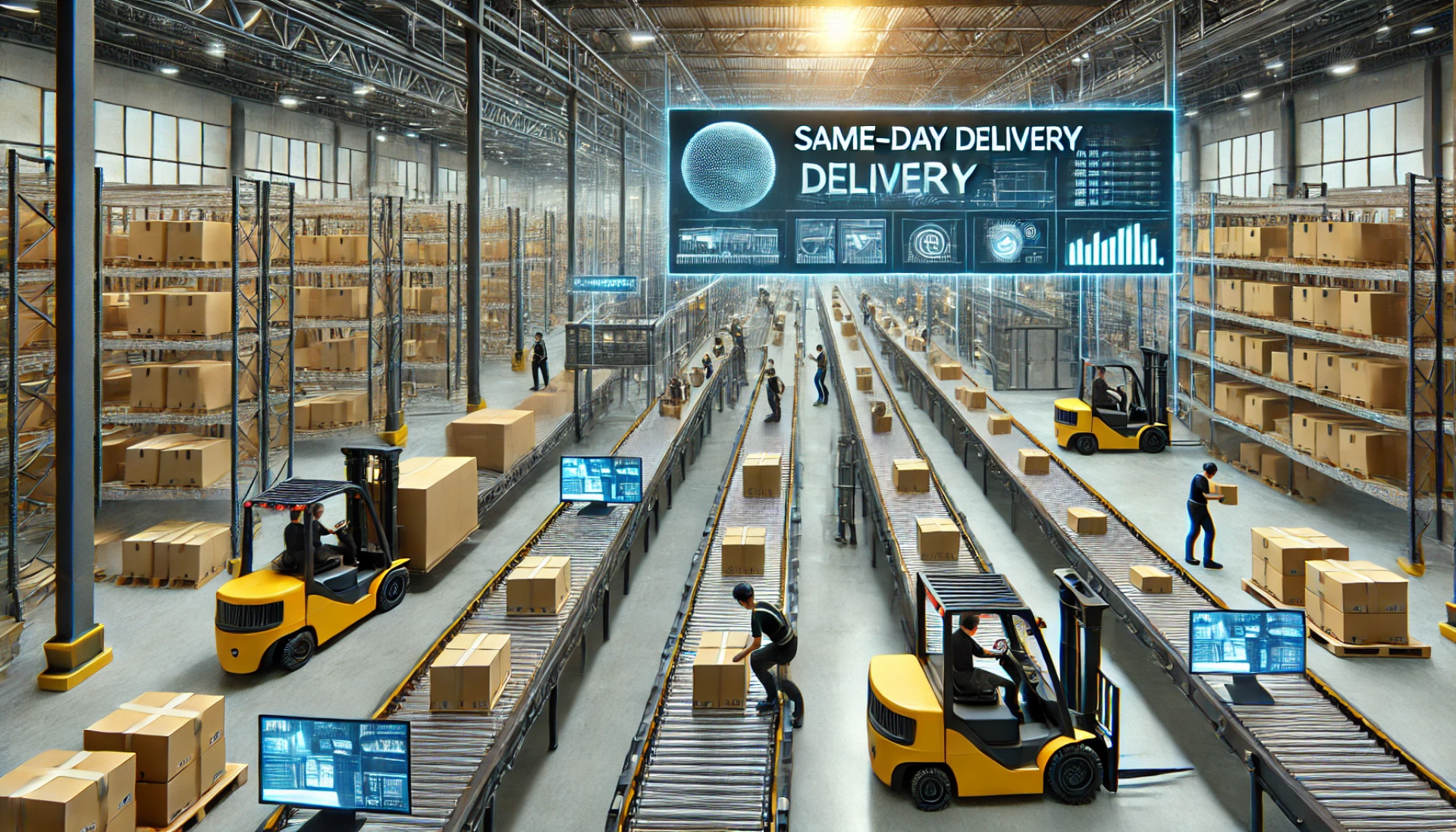Warehousing: The Backbone of the UK Economy That Government Can’t Afford to Ignore
Warehousing has long been the unsung hero of the UK’s supply chain. From enabling the e-commerce boom to supporting the manufacturing sector, warehouses play a crucial role in keeping goods moving efficiently. Yet, despite its undeniable importance, the sector remains overlooked by policymakers—a situation that could have serious repercussions for the UK economy.
In this blog, we’ll explore the vital role of warehousing, the challenges it faces, and what industry leaders can do to secure its future.
The Critical Role of Warehousing in the UK Economy
Warehousing serves as the backbone of the UK’s logistics infrastructure. It ensures goods are stored, processed, and dispatched to retailers, manufacturers, and consumers alike.
Key Contributions:
- E-commerce Growth: The rise of online shopping has increased demand for warehouse space, with e-commerce now accounting for over 30% of UK retail sales.
- Manufacturing Support: Warehouses store raw materials and finished goods, ensuring just-in-time production runs smoothly.
- Job Creation: The sector employs hundreds of thousands of people across the UK, from warehouse operatives to logistics managers.
Insight: The UK Warehousing Association (UKWA) has highlighted that the government must recognise warehousing as a critical part of national infrastructure, not just an afterthought of transport policy.
Challenges Facing the Warehousing Sector
Despite its importance, warehousing faces a range of challenges that threaten its ability to support the UK’s economic growth.
1. Labour Shortages
The industry is grappling with a shortage of skilled and unskilled workers alike. Brexit, combined with changing workforce demographics, has reduced the pool of available labour.
What Can Be Done:
- Invest in Training: Develop apprenticeship schemes and in-house training programmes.
- Leverage Automation: Implement automated storage and retrieval systems (AS/RS) to reduce dependency on manual labour.
- Enhance Working Conditions: Modernise facilities, offer competitive wages, and promote career progression opportunities.
2. Rising Costs
Warehousing costs have surged due to increased energy prices, higher business rates, and growing demand for space.
Strategies for Cost Management:
- Energy Efficiency: Invest in solar panels, LED lighting, and energy management systems.
- Space Optimisation: Use vertical racking systems and dynamic slotting to maximise storage capacity.
- Collaborative Logistics: Partner with other businesses to share storage and transport resources.
3. Lack of Government Support
The sector often falls through the cracks of industrial and transport policies. The UKWA has called for greater government recognition and support, warning that neglecting warehousing could disrupt supply chains.
Advocacy Actions:
- Engage with Industry Bodies: Collaborate with UKWA and similar organisations to lobby for policy changes.
- Demonstrate Economic Impact: Use case studies to show how warehousing contributes to economic stability.
- Push for Planning Reform: Advocate for streamlined planning processes to unlock more warehousing space.
Future-Proofing UK Warehousing
To remain competitive and resilient, warehousing leaders must adopt proactive strategies.
1. Embrace Technology
- Warehouse Management Systems (WMS): Improve inventory accuracy and operational efficiency.
- Robotics and Automation: Deploy robots for picking, packing, and sorting to address labour gaps.
- IoT and Data Analytics: Use sensors and real-time analytics to optimise workflows and predict maintenance needs.
2. Focus on Workforce Development
- Upskilling Programmes: Train existing staff to manage new technologies.
- Diversity Initiatives: Attract a broader talent pool by promoting inclusive hiring practices.
- Employee Retention: Foster a positive culture with recognition programmes and clear career paths.
3. Collaborate with Policymakers
- Join Industry Campaigns: Support UKWA’s efforts to elevate warehousing on the national agenda.
- Participate in Consultations: Provide input during public consultations on transport and infrastructure policies.
- Educate Decision-Makers: Invite policymakers to visit facilities and see first-hand how warehouses underpin supply chain resilience.
Conclusion: Warehousing Deserves a Seat at the Table
Warehousing is far more than just storage—it is a critical enabler of the UK’s economic activity. As the UKWA has rightly pointed out, the sector needs greater recognition and support from government bodies to continue fulfilling this essential role.
By investing in technology, developing talent, and advocating for policy changes, industry leaders can future-proof their operations and ensure that warehousing remains the backbone of the UK economy for years to come.











